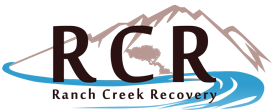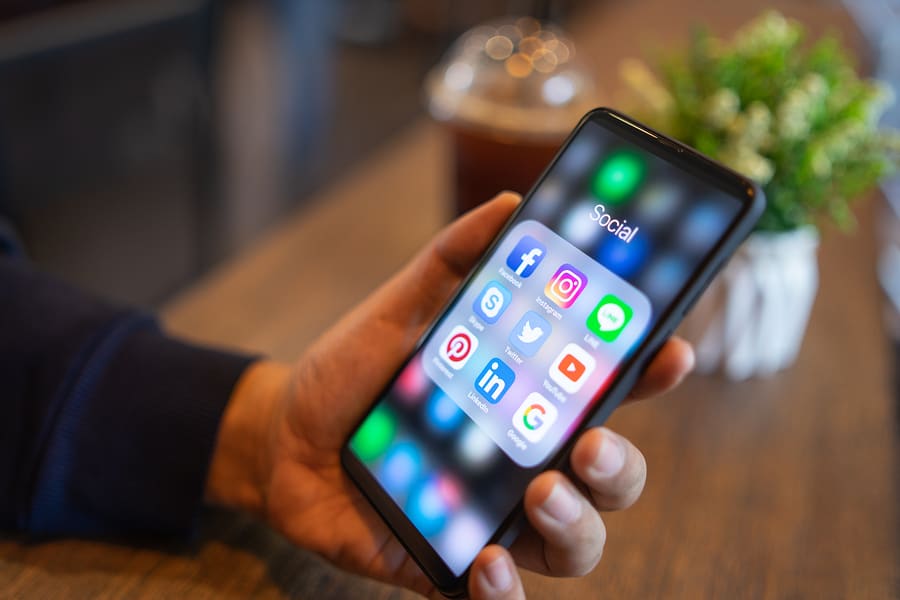The technology we use every day has certainly proven to make our lives easier, and even more interesting. It helps us stay in touch with loved ones, while also allowing us to complete daily tasks and conduct business from the palm of our hands.
Social media, in particular, has significantly impacted our ability to stay connected. From reconnecting with old friends all over the world to keeping us updated on people’s accomplishments and daily activities, social media has changed our lives forever.
Despite the benefits social media offers, though, it has also come with a price.
The pressures associated with social media have created a situation where people can feel inadequate or lacking because they don’t believe they can achieve the same social or monetary status as some of the influencers they follow on social media.
For someone dealing with the typical stressors associated with addiction recovery, compounding real problems with the unnecessary pressures associated with social media creates a scenario where they waste precious time and energy on fictional content.
How Social Media Affects Addiction Recovery
Addiction recovery is similar to a marathon. It is a long and difficult process that requires your full effort and attention. Unnecessary distractions and obstacles only lead to frustration and setbacks, both of which need to be avoided while on your recovery journey.
Social media is a constant reminder of what is going on outside of your own life, and while keeping connected with loved ones is important, seeing negative people engaging in addictive behaviors is an unnecessary trigger that needs to be avoided.
Negative Effects of Social Media During Addiction Recovery
While social media can be a fun and engaging tool, there are a number of negative effects associated with the platform. Being aware of these dangers during addiction recovery is important to avoid unnecessary setbacks and distractions.
- Loss of Human Connectivity
For many people, engaging through social media takes time away from real world conversations and interactions. As a human being, actual social connectivity is essential to maintaining a positive mind frame and overall optimistic demeanor. - Decreased Self-Esteem
Everyone deals with insecurities, but comparing yourself to the ideal photographs and descriptions you see on social media will only amplify those feelings of inadequacy and leave you feeling envious and resentful. Improving your self-esteem is an essential part of the recovery process, so don’t let social media hinder your progression. - Increased Mental Health Issues
Social media has been proven to increase unhappiness in some individuals, and while this is serious, even more concerning is the fact that it can lead to the development of anxiety and depression when used too much. Managing an addiction is hard enough as it is; realizing unnecessary mental health issues need to be and can be avoided by disconnecting from social media is vital.1
Benefits of Disconnecting from Social Media During Addiction Treatment
Making the decision to unplug from social media is a great choice, and one that comes with almost immediate benefits.
Disconnecting from social media while in addiction recovery can:
- Help Remove Unhealthy Feelings of Jealousy and Loneliness
Researchers recently discovered that one in three people felt worse after visiting social media and more dissatisfied with their lives. Making the decision to log off social media and focus on the real world provides the opportunity to reset and refocus on all the things you can appreciate in your own life – instead of simply envying others.2 - Promote Creation Over Consumption
Time spent on social media is time spent consuming – consuming other people’s realities and the temptations or stressors associated with the world around you. Logging off social media allows you to embrace the world around you and begin creating a reality where you are happy, healthy and content with who you are. - Provide a Chance to Bask in Solitude
Solitude enables you to ground yourself in the world around you. It provides the ability to be still and embrace the quiet moments that are necessary to evaluate your life and begin building a new one that is removed from addiction and despair. True solitude and meditation always require the intentional action of shutting off your devices and quieting your mind to achieve a more stable state of being.
Don’t Let the Dangers of Social Media in Addiction Recovery Stall or Ruin Vital Progress
The thing about social media is that it will always be there when you decide to log back on. The key to maintaining your progress in treatment and avoiding unnecessary setbacks is by preventing social media overload and focusing on your physical health and happiness while in therapy.
Treatment is about embracing your faults and identifying a better way of not only living life, but also living it in a way that you feel satisfied and supported. Social media can make everything seem great, but there is no substance to be found in a picture or a post.
Sustained sobriety requires sacrifice and commitment, and staying in the real world is a better way to achieve real substance and contentment that will stand the test of time.
Disconnect and Change Your Life: Holistic Addiction Treatment at Ranch Creek Recovery
Your sobriety depends on your utmost focus and commitment. Wasting time and energy on social media can play a significant and detrimental role in hurting your treatment and sustained sobriety.
At Ranch Creek Recovery, we can help you disengage from social media and learn to turn inward so your health and sober future is your primary focus. We take an alternative approach to addiction rehab. We go beyond the traditional, widely used 12-Step program and focus on tailor-fitting each recovery program to address every patient’s unique needs.
With a more intimate recovery experience, a higher level of care, a serene environment, individual
recovery plans and a holistic approach, you can be sure you will receive everything needed to achieve sobriety and prepare for a thriving, sober life.
Learn more about our addiction treatment programs. Have questions? We’re here to help in any way we can. Contact us today.
CALL NOW: (877) 293-8607
Resources:
1 PR Week. Gen Z is quitting social media in droves because it makes them unhappy, study finds. Accessed September 7, 2019. https://www.prweek.com/article/1459149/gen-z-quitting-social-media-droves-makes-unhappy-study-finds
2 Time. Why Facebook Makes You Feel Bad About Yourself. Accessed September 7, 2019. http://healthland.time.com/2013/01/24/why-facebook-makes-you-feel-bad-about-yourself/












